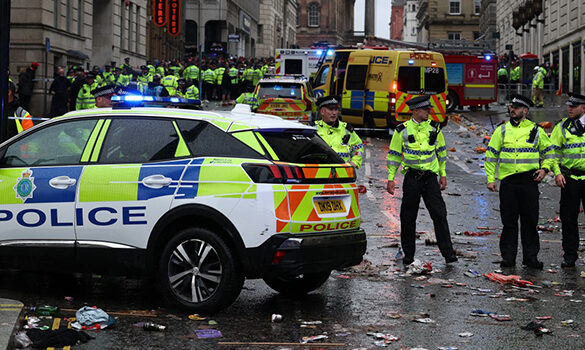The confiscation of private Russian assets would undermine the Swiss constitution and the prevailing legal order, the Swiss government said on Wednesday, citing the findings of a working group set up by the Federal Office of Justice.
Switzerland froze financial assets worth 7.5 billion Swiss francs ($8.13 billion) under sanctions against Russians to punish Moscow for its invasion of Ukraine, the State Secretariat for Economic Affairs said in December.
“Support for Ukraine will continue, independent of the discussions on frozen assets,” the Swiss Federal Council said on Wednesday.
Bern had looked into what it could do with the assets following international discussions and parliamentary requests into whether the money could be used to fund reparations for Ukraine.
A working body set up to discuss the issue said the expropriation of private assets of lawful origin without compensation was not permissible under Swiss law.
“The confiscation of frozen private assets is inconsistent with the Federal Constitution and the prevailing legal order and violates Switzerland’s international commitments,” the Swiss Justice Ministry said on Wednesday.
“Other countries have similar constitutional rights and guarantees.”
Switzerland’s banks had also been against the confiscation. “There is no legal basis for confiscation today,” the Swiss Bankers Association said last month.
Switzerland has already adopted further sanctions against Russia over the conflict in Ukraine, including the European Union’s oil price cap.
Bern also adopted the EU’s latest package at the end of January, sanctioning 200 more individuals and announcing new restrictions such as banning exports for the aerospace industry to cover engines for aircraft and drones.




